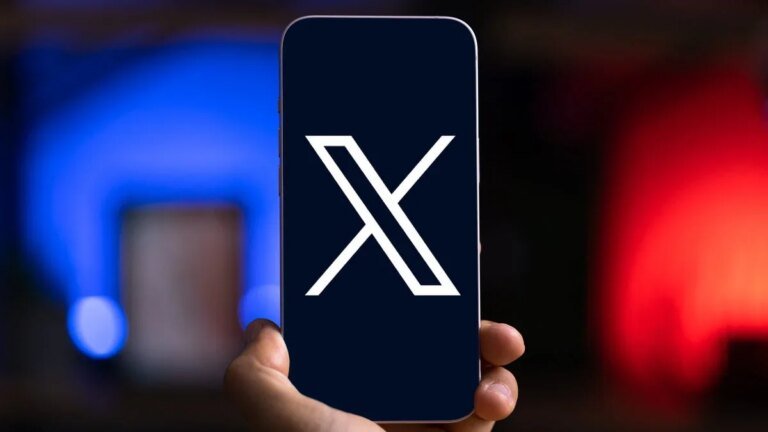“Proceed with the lawsuit”


The irony is that iPhones are not that focused on on-device AI. | Image by PhoneArena
At the end of this week, a federal judge wasn’t convinced by Apple and OpenAI (the company behind ChatGPT) that Elon Musk’s lawsuit should be dismissed.So, Musk’s X Corp and Apple alongside OpenAI will have to meet in court over accusations that the two companies are working together to dominate both the smartphone market and the growing world of generative AI chatbots.
In a short order issued from Fort Worth, Texas, US District Judge Mark Pittman said the case can move forward, giving Musk an early procedural win in a much larger fight over who controls the next era of AI technology. Pittman stressed that this decision isn’t a ruling on whether X’s claims are true, only that those questions will be dealt with later.
The pushback
Naturally, OpenAI pushed back immediately, saying the lawsuit fits what it described as Musk’s ongoing attempts to pressure and harass the company. The dispute focuses on a deal that brought ChatGPT deeper into Apple’s ecosystem through Apple Intelligence on the iPhone and other Apple hardware. Musk’s side argues that Apple used this partnership to wall off competing AI assistants and that favoritism continued inside the App Store, where ChatGPT appeared on Apple’s “Must-Have Apps” list while rivals allegedly got less visibility.Apple countered that nothing about its arrangement with OpenAI is exclusive and that it faces no restrictions on working with other chatbot makers in the future. The company reminded the court that choosing one partner to launch with isn’t illegal, and noted that plenty of other chatbots are still available on iPhones through apps or the browser. It also pointed out that both X’s app and its Grok chatbot remain strong performers in App Store rankings.
No rulebook available
For me, the real story is that there’s no rulebook for any of this. AI is growing so fast that the old tech playbooks don’t really fit anymore, and everyone – companies, courts, even users – is figuring it out as we go. It’s an interesting case, and it matters because it’s one of the first big tests of how the law will keep up with an industry that’s moving much faster than the rules meant to control it.


